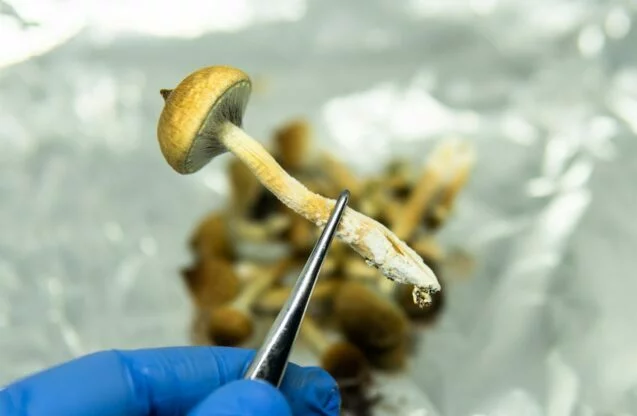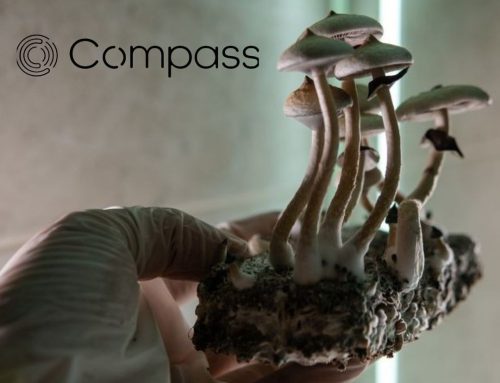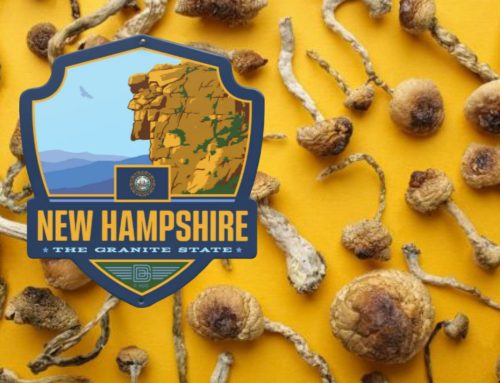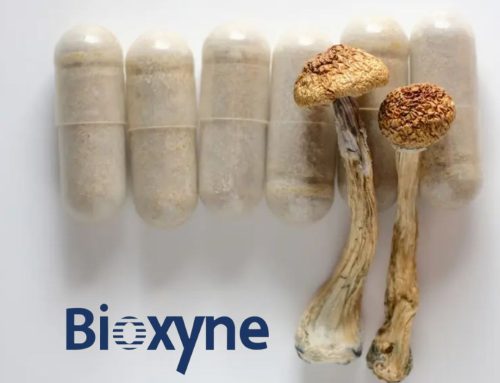Massachusetts Psychiatric Society Backs Psilocybin Decriminalization in Historic Move
BOSTON – In a groundbreaking development for psychedelic policy reform, the Massachusetts Psychiatric Society (MPS) has publicly endorsed legislation to decriminalize psilocybin, marking the first time a branch of the American Psychiatric Association (APA) has supported such a measure. The endorsement, announced during a legislative hearing, signals a significant shift in the psychiatric community’s stance on psychedelics, highlighting their potential as a public health tool.
Dr. Jhilam Biswas, representing the MPS, testified in favor of four bills [H.1624, H.1726, H.1858, and S.1113] before the Massachusetts Joint Committee on the Judiciary. These bills aim to reduce penalties for psilocybin possession and establish frameworks for its supervised therapeutic use.
“We are encouraged by the growing body of rigorous research exploring the use of psychedelics, including psilocybin, in treating treatment-resistant types of mental illness,” Biswas stated, pointing to promising studies conducted at local institutions like EMC hospitals and research centers. She framed the legislation as both a criminal justice reform and a public health opportunity, urging lawmakers to prioritize safety-based criteria, such as restricting use to adults over 21 who are not operating vehicles or endangering children. For veterans, who face high rates of PTSD and suicide [over 6,000 veteran suicides occur annually in the U.S.] these bills could provide access to innovative treatments shown to alleviate symptoms of PTSD and depression, offering a lifeline to those underserved by traditional therapies.
The bills in question propose varied approaches. H.1858, sponsored by Rep. Marc Lombardo, would impose a modest $100 fine for possessing less than one gram of psilocybin, effectively decriminalizing small amounts. S.1113, introduced by Sen. Cindy Friedman, calls for a Department of Public Health-led trial program for medically supervised psilocybin therapy, explicitly excluding involvement from cannabis or pharmaceutical industries. Meanwhile, H.1726 and H.1624 focus on decriminalizing possession and establishing a psychedelics task force to ensure equitable access, respectively.
This endorsement contrasts with the broader APA’s cautious stance. In a 2022 position statement, the APA emphasized that psychedelics should only be used in approved clinical trials due to insufficient evidence for broader endorsement. The MPS’s support, therefore, represents a bold departure, reflecting growing confidence in psilocybin’s therapeutic potential for conditions like depression, PTSD, and substance use disorders. Advocates, including the group Mass Healing, celebrated the move as a historic milestone, noting it as the first APA-affiliated endorsement of psychedelics legislation.
However, the push for reform has faced opposition. Dr. Nassir Ghaemi, MPS president, previously opposed a broader decriminalization bill (H.2506) that would have allowed possession of up to 50 grams of psilocybin, citing risks of unsupervised use. Despite this, advocates like Graham Moore of the Yes on 4 campaign argue that decriminalization does not lead to widespread abuse, pointing to data from Cambridge, Massachusetts, and Colorado, where psilocybin’s non-addictive nature has limited public health concerns.
The MPS’s endorsement comes amid a national wave of psychedelic reform. Oregon and Colorado have already decriminalized psilocybin and established regulated therapeutic programs, while cities like Denver, Seattle, and Washington, D.C., have deprioritized enforcement. Yet, Massachusetts voters rejected a broader legalization measure (Question 4) in November 2024, indicating public hesitation.

The current legislative proposals, described as “narrowly tailored” by advocates, aim to balance accessibility with oversight, potentially setting a model for other states.
As Massachusetts lawmakers deliberate, the MPS’s support underscores a pivotal moment for psychedelic policy. By aligning with emerging research and public health priorities, the society is helping to reshape the conversation around psilocybin, from prohibition to possibility. Whether these bills pass or not, the endorsement signals a new era of openness in psychiatric care, offering hope to those seeking innovative solutions for mental health challenges.




































